Despite the rise of veganism and vegetarianism, “beef demand will go up” including for meat produced in Ireland, Prof Jessica Fanzo of Johns Hopkins University in the US told the Irish Farmers Journal.
Fanzo, a researcher in global food and agriculture policy and ethics, was at University College Cork last week for the Irish launch of the EAT-Lancet report on sustainable diets. She is a co-author of the January publication which controversially recommended that most of the world’s beef, lamb and pork consumption should be replaced by nuts, pulses and legumes to feed 10bn people by 2050, on health and environmental grounds. This would result in a 65% drop in global beef production, she said. Listen to ““Solutions are not simple” – EAT-Lancet author” on Spreaker.
“Do I think that EAT-Lancet report recommendations will be adhered to by all? Absolutely not,” Fanzo said. Although she maintained that beef had more serious health and environmental impacts than other foods, she also acknowledged that the report was “lofty, global, and a bit overly prescriptive” to prompt each country to re-examine its food system. “There’s nuances in the production systems,” she said. But in the report, “I don’t think there was as much nuance in that, looking at the life-cycle assessment of the way different beef is produced around the world”, she added.
Another aspect ignored by the report is difference between countries such as the US, where meat is in every meal, and much of Africa and Asia where it remains inaccessible. Fanzo, who studies livestock farming in east Africa, said: “Can we get everybody in a more equitable range of meat consumption so that we don’t have the haves and the have-nots?”
Sustainable intensification
The publication recommends “sustainable intensification” of agriculture – producing more food from the land we already farm, to avoid rampant deforestation and climate damage. For Irish farmers, this means continuing with a grass-dominated system. “There’s no reason for Ireland to start growing different foods that the ecosystem will not sustain,” Fanzo said. Yet this does not mean business as usual for Irish farmers. “For Ireland, you hear a lot about the grassland, but what about the feed, what about the fertilisers to ensure that the grass is there and the nitrous oxide that comes out of those fertilisers?” Fanzo asked. “What is the optimal sustainable system for Ireland to bring down their greenhouse gas impacts but not necessarily impact livelihoods of farmers? This is the grand challenge that the Government needs to think about.”
She said there were no simple solutions to the changes envisaged by the EAT-Lancet report, and acknowledged that people who had tried to adopt its reference diet had to pay more for their food. “It could be quite costly to make a huge transformation because the whole food system is built towards efficiency in getting costs down as much as possible. This is not necessarily moving in that direction so what does that mean from an investment point of view?,” Fanzo said, adding that such a transition would carry very high risks: “In the EAT-Lancet, there was really no thoughtful discussion around the economic piece. Who will pay? Who will potentially struggle? What is the timescale?”
Read more
What is the EAT-Lancet commission?
'Dangerous' to downsize beef sector
EAT-Lancet report: processing and clear farmer directions the missing links
Despite the rise of veganism and vegetarianism, “beef demand will go up” including for meat produced in Ireland, Prof Jessica Fanzo of Johns Hopkins University in the US told the Irish Farmers Journal.
Fanzo, a researcher in global food and agriculture policy and ethics, was at University College Cork last week for the Irish launch of the EAT-Lancet report on sustainable diets. She is a co-author of the January publication which controversially recommended that most of the world’s beef, lamb and pork consumption should be replaced by nuts, pulses and legumes to feed 10bn people by 2050, on health and environmental grounds. This would result in a 65% drop in global beef production, she said. Listen to ““Solutions are not simple” – EAT-Lancet author” on Spreaker.
“Do I think that EAT-Lancet report recommendations will be adhered to by all? Absolutely not,” Fanzo said. Although she maintained that beef had more serious health and environmental impacts than other foods, she also acknowledged that the report was “lofty, global, and a bit overly prescriptive” to prompt each country to re-examine its food system. “There’s nuances in the production systems,” she said. But in the report, “I don’t think there was as much nuance in that, looking at the life-cycle assessment of the way different beef is produced around the world”, she added.
Another aspect ignored by the report is difference between countries such as the US, where meat is in every meal, and much of Africa and Asia where it remains inaccessible. Fanzo, who studies livestock farming in east Africa, said: “Can we get everybody in a more equitable range of meat consumption so that we don’t have the haves and the have-nots?”
Sustainable intensification
The publication recommends “sustainable intensification” of agriculture – producing more food from the land we already farm, to avoid rampant deforestation and climate damage. For Irish farmers, this means continuing with a grass-dominated system. “There’s no reason for Ireland to start growing different foods that the ecosystem will not sustain,” Fanzo said. Yet this does not mean business as usual for Irish farmers. “For Ireland, you hear a lot about the grassland, but what about the feed, what about the fertilisers to ensure that the grass is there and the nitrous oxide that comes out of those fertilisers?” Fanzo asked. “What is the optimal sustainable system for Ireland to bring down their greenhouse gas impacts but not necessarily impact livelihoods of farmers? This is the grand challenge that the Government needs to think about.”
She said there were no simple solutions to the changes envisaged by the EAT-Lancet report, and acknowledged that people who had tried to adopt its reference diet had to pay more for their food. “It could be quite costly to make a huge transformation because the whole food system is built towards efficiency in getting costs down as much as possible. This is not necessarily moving in that direction so what does that mean from an investment point of view?,” Fanzo said, adding that such a transition would carry very high risks: “In the EAT-Lancet, there was really no thoughtful discussion around the economic piece. Who will pay? Who will potentially struggle? What is the timescale?”
Read more
What is the EAT-Lancet commission?
'Dangerous' to downsize beef sector
EAT-Lancet report: processing and clear farmer directions the missing links




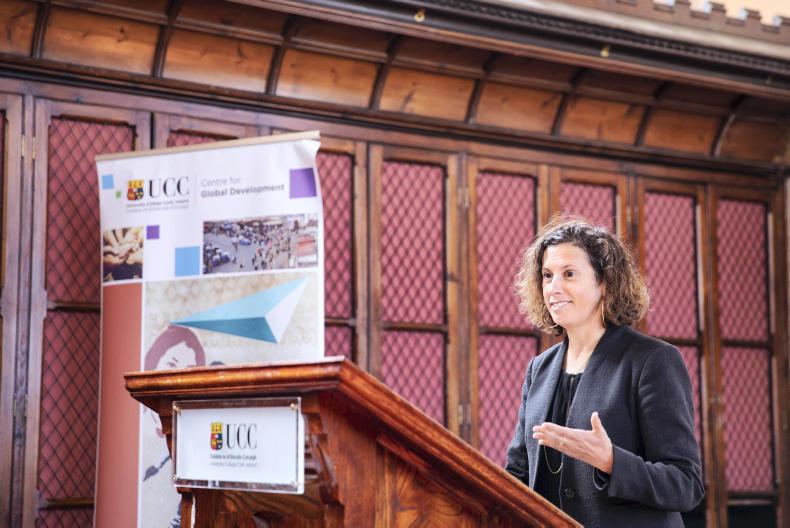
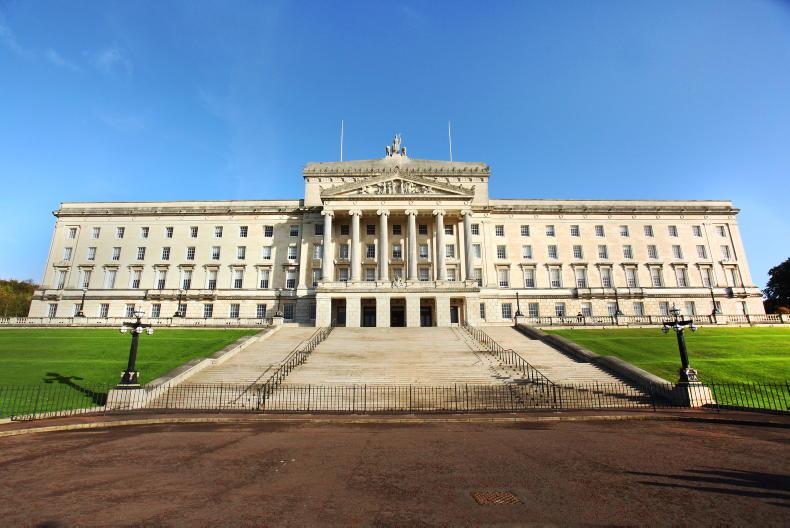

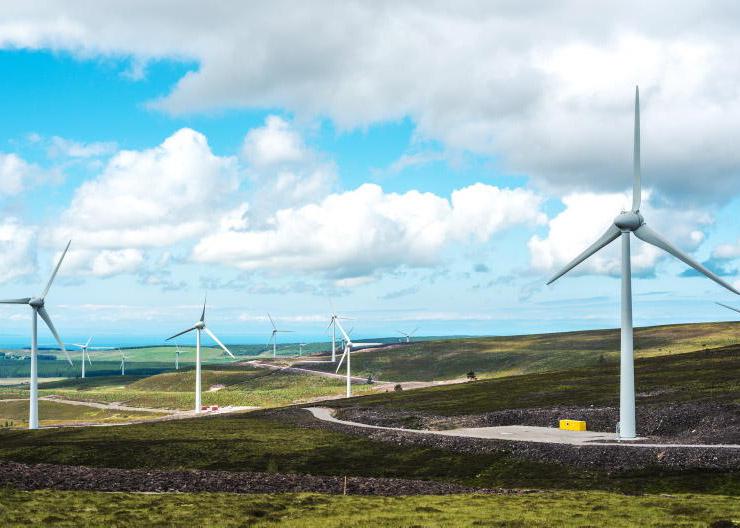
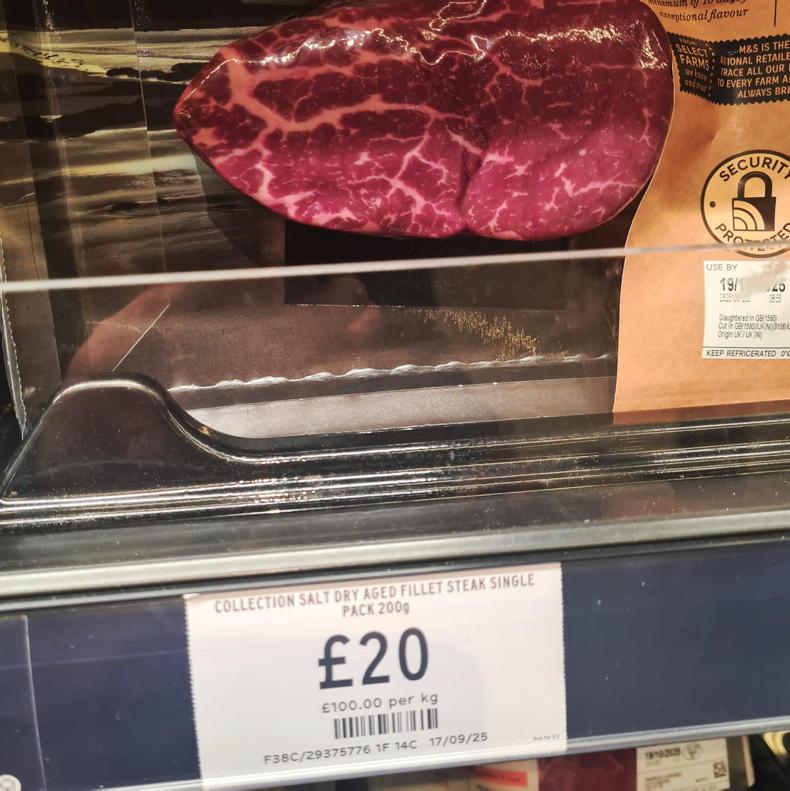
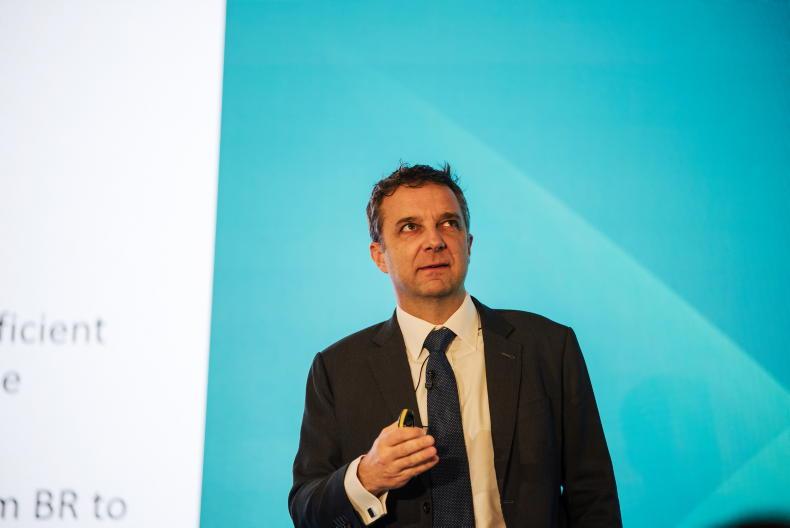
SHARING OPTIONS